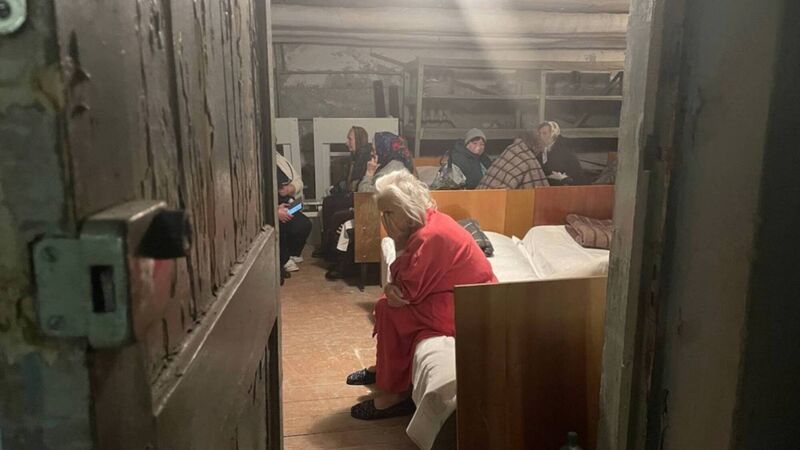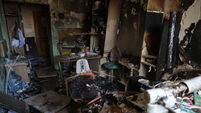The story of one Ukrainian hospital: 'If hospitals are to be shelled, we must be prepared'

Vulnerable patients take cover in the shelter below Novovolynsk Hospital in Western Ukraine. Picture: WHO/Twitter
“One day last week the air raid sirens went off at five separate times. Our patients are mostly the elderly and some are on crutches and facing acute health needs. They cannot keep travelling down to the bunker."
Oleh Shypelyk, head of Novovolynsk Hospital in Western Ukraine is tired. For the patients his hospital cares for, each day since the Russian invasion began has been more tense and more uncertain than the last.













